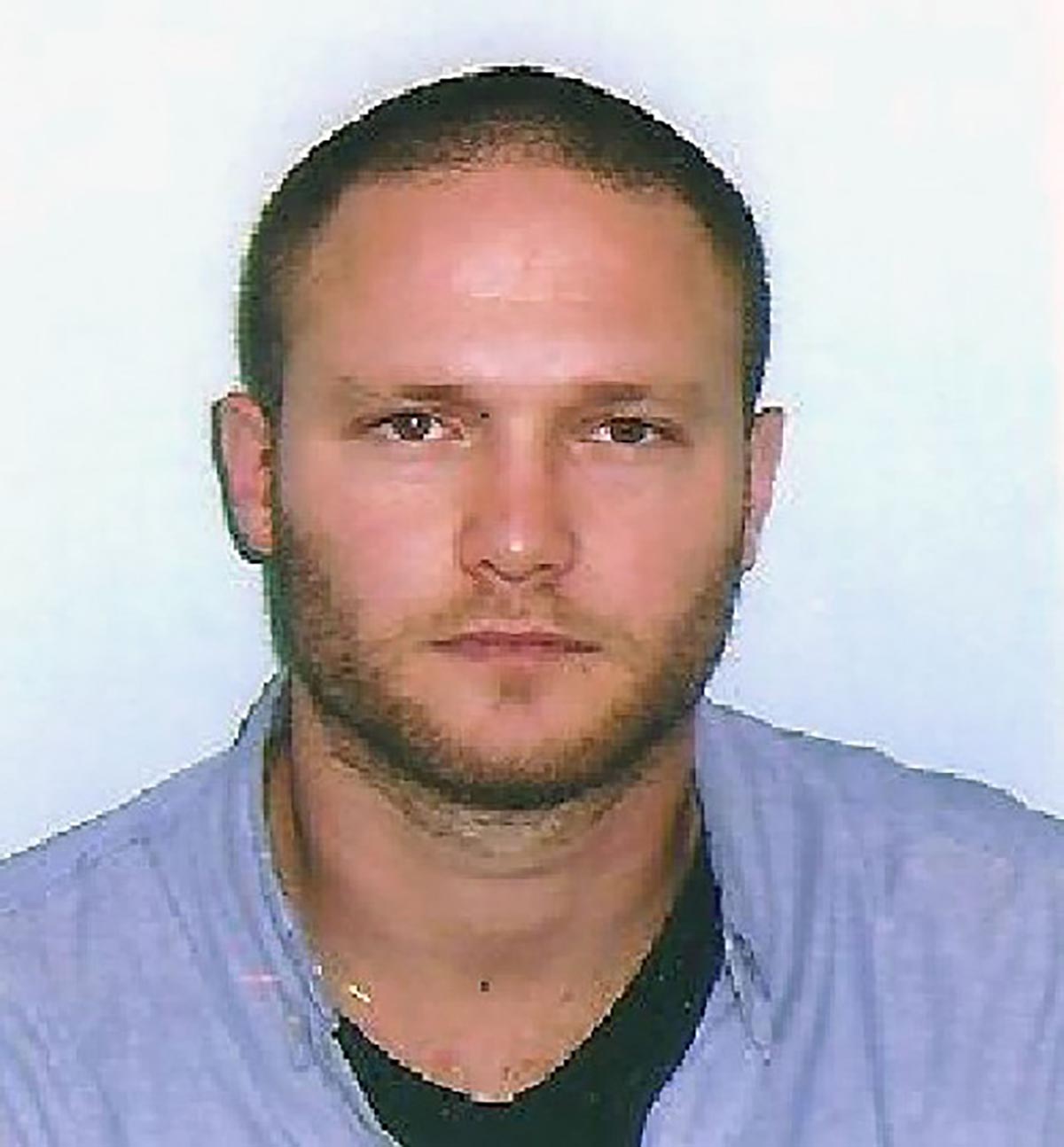Amit Varshizky, Ph.D. Candidate, History, Tel Aviv University, Israel
Amit completed his B.A. in Communications at the Academic College of Emek Izrael and his M.A. (cum laude) at the Department of History at Tel Aviv University. His Master’s thesis examined the philosophy of Alfred Rosenberg, the chief ideologue of the National-Socialist movement. An article on the subject was published in the Journal of Politics, Religion and Ideology, entitled “Alfred Rosenberg: the Nazi Weltanschauung as Modern Gnosis.”
Mr. Varshizky’s research project, entitled “Mind and Soul in the National Socialist Weltanschauung,” deals with the National Socialist approach to the concept of “racial-soul” (Rassenseele), as reflected in the writings of ideologues, anthropologists and theologians in the Third Reich. Thus, it seeks to map the various philosophical and scientific strategies that were used by the Nazis to objectify the concept of Rassenseele as an ontological and metaphysical subject and endeavors to outline its ideological and normative applications within the Third Reich. On a deeper level, it seeks to explore the religious and redemptive qualities underlying National Socialist Racism and anti-Semitism and to reveal the ideological mechanisms that enabled the apotheosis of Race and Volk and the sacralisation of politics in the Third Reich.
Given the increasing influence of Foucault’s bio-politics on current historical discourse and the efflorescence of research dealing with body technology, body imagery and representation in the Third Reich, Mr. Varshizky’s seeks to investigate the National Socialist perception of “soul”. To date, only a few studies have dealt with this topic, and of these, most were devoted mainly to the historiography of psychology in the Third Reich and touched only indirectly, if at all, on questions of faith and metaphysics and the ideological implications thereof. Indeed, at present no comprehensive study of the National Socialist perception of “soul” has been written from the perspective of intellectual history. Mr. Varshizky’s study seeks to redress this imbalance.
Mr. Varshizky intends to spend the next year in Germany and to continue his research in the German archives that house the main pool of documents associated with his research subject. He has English, German and Hebrew language skills. His supervisors are Professor Shulamit Volkov and Professor Shalom Ratzabi.

